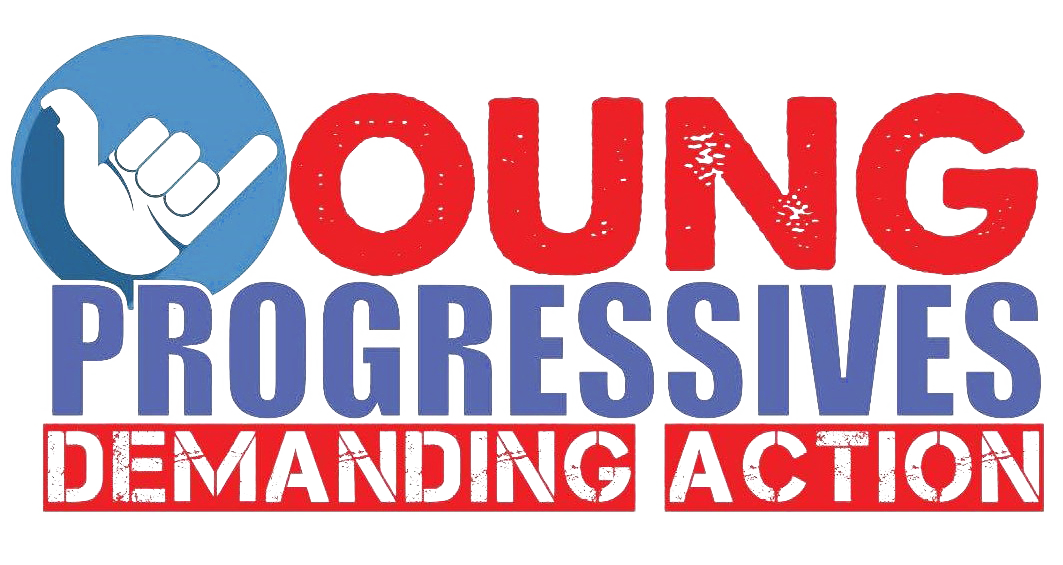'Captive labor' divestment
U.S. fishing fleet off Hawaii using 'captive' labor
About 700 men from impoverished Southeast Asian and Pacific Island nations make up the bulk of the workforce in this unique U.S. fishing fleet. A federal loophole allows them to take the dangerous jobs without proper work permits, just as long as they don't set foot on shore.
Americans buying Hawaiian seafood are almost certainly eating fish caught by one of these workers.
A six-month Associated Press investigation found fishing crews living in squalor on some boats, forced to use buckets instead of toilets and suffering running sores from bed bugs. There have been instances of human trafficking, active tuberculosis and low food supplies.
Because they have no visas, the men can't fly into Hawaiʻi, so they're brought by boat. And since they're not technically in the country, they're at the mercy of their American captains on American-flagged, American-owned vessels, catching choice swordfish and ahi tuna that can fetch more than $1,000 apiece. The entire system contradicts other state and federal laws, yet operates with the blessing of U.S. officials and law enforcement. YPDA Hawaiʻi supports divestment from restaurants and other businesses that profit from the mistreatment of these fishermen.
2017 BILLS WE SUPPORT
HB 438: Requires prospective commercial marine licensees to provide the Department of Land and Natural Resources with a copy of the work contract of all of fishers that it employs, prior to being granted a license. Testify on this measure.
Additional Resources
How U.S. laws trap foreign workers on Hawaii’s fishing boats

